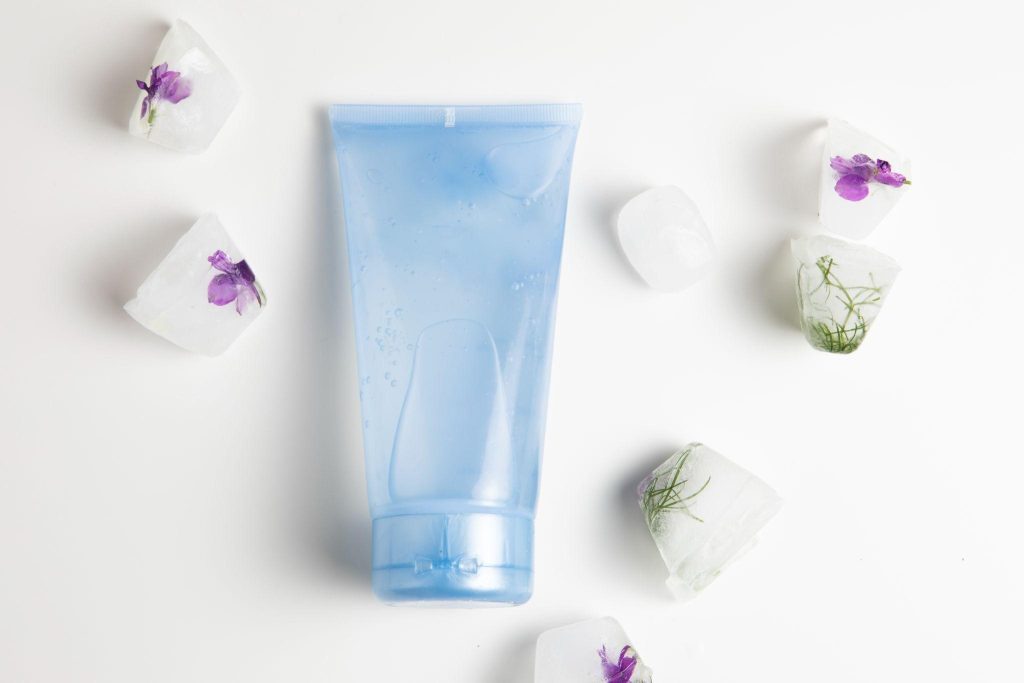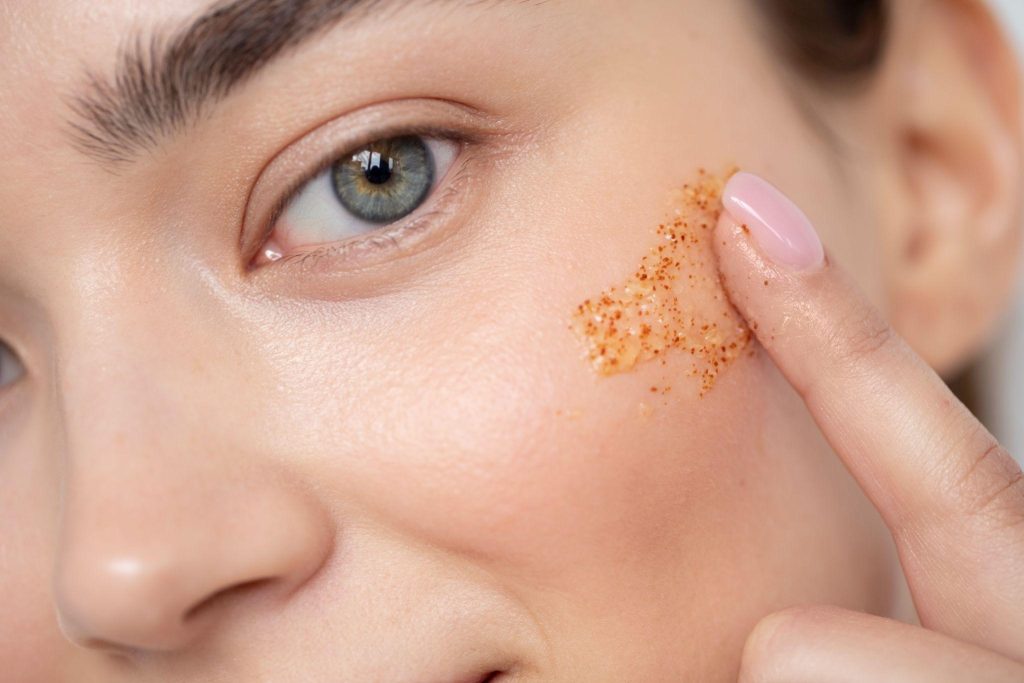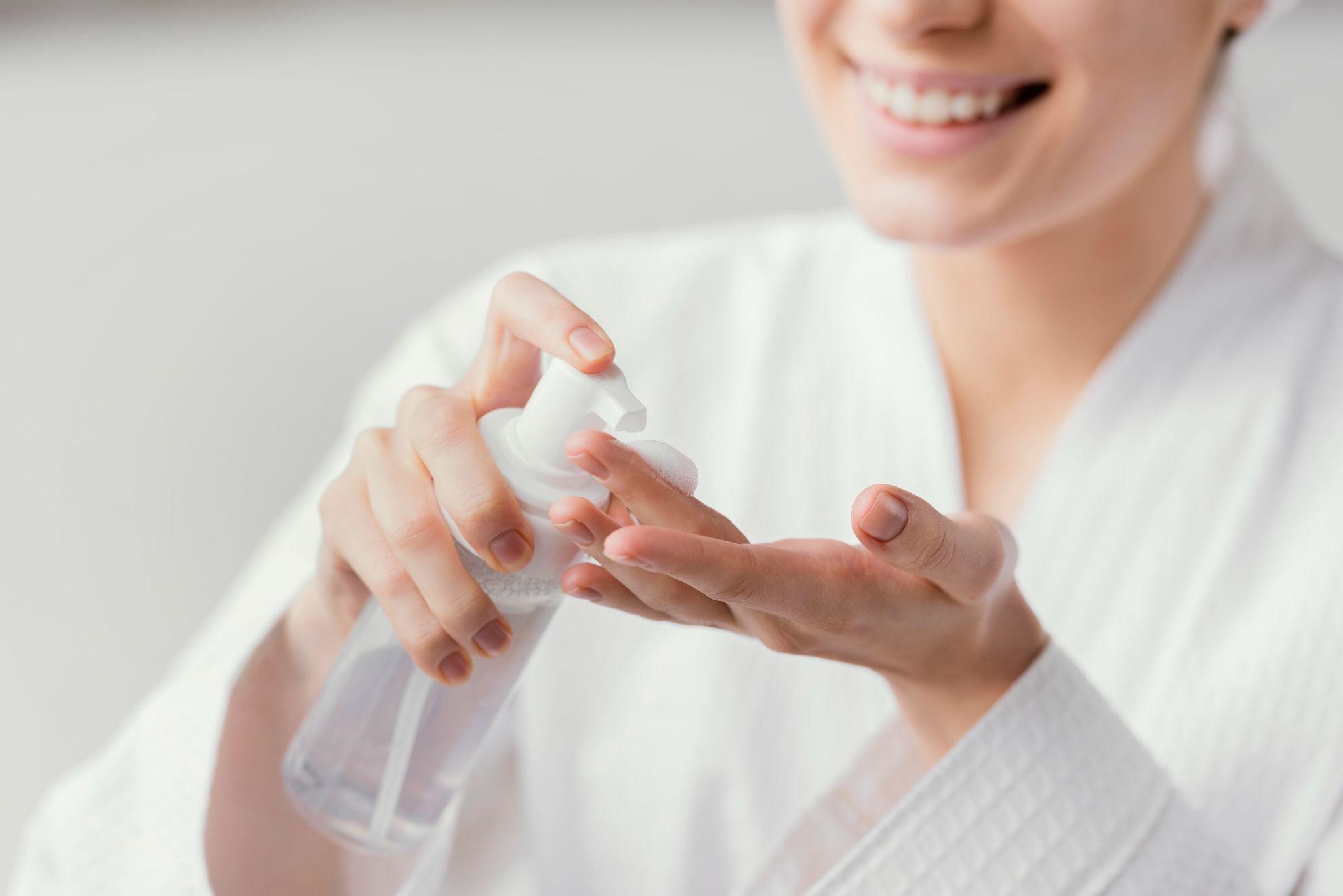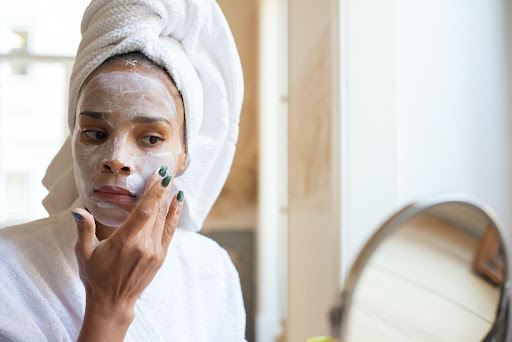Having clean skin is very important for several reasons and knowing these reasons can help you improve your skin condition and the way you do it. Let’s learn together about some of the benefits of cleansing your skin properly.
- Remove impurities: Throughout the day, your skin is exposed to various environmental factors such as dirt, dust, pollutants, and sweat. Impurities can accumulate on the skin’s surface, clogging pores and leading to issues like acne and dullness. By cleansing your skin every day, you effectively remove these impurities, preventing them from causing congestion and other skin problems. Soft gel cleansers are water-based and typically formulated to cleanse without leaving a residue.
- Prevent acne: One of the primary causes of acne is the accumulation of oil, bacteria, and dead skin cells within pores. Daily cleansing helps to remove excess oil and impurities, reducing the risk of pore blockages and breakouts. Consistent cleansing is crucial for individuals with acne or oily skin, as it helps to keep pores clear and minimize the conditions conducive to acne development.
- Improve the absorption of products: Cleansing creates a clean canvas on your skin, free from any barriers like dirt or oil that might inhibit the absorption of skincare products. When your skin is thoroughly cleansed, moisturizers, serums, and other treatments can penetrate deeply, allowing their active ingredients to work effectively. This maximizes the benefits of your skincare products, ensuring that your skin receives the necessary nourishment.
- Renew your skin: The skin naturally sheds dead cells and replaces them with new ones in a process known as cell turnover. However, this process can be slow because of the accumulation of dead skin cells on the surface, leading to a dull, rough complexion. By cleansing daily, you help to remove the dead cells, promoting a smoother and more radiant appearance. Regular cleansing encourages healthy cell turnover, which is essential for maintaining youthful-looking skin.

Prevent premature aging: Environmental factors can contribute to premature aging by causing oxidative stress and damage to the skin. Additionally, the accumulation of impurities on the skin’s surface can make this worse. Using the right daily cleanser, you remove these environmental pollutants and impurities, helping to minimize the risk of premature aging.
- Maintain pH balance: The skin has a natural protective barrier, which helps maintain its pH balance and defend against external irritants and pathogens. Cleansers formulated with the appropriate pH level help to preserve this delicate balance, preventing the skin from becoming too dry, irritated, or susceptible to infections. By choosing a cleanser that matches your skin’s pH and avoiding harsh or excessive alkaline products, you can improve the health and integrity of your skin’s barrier function.
When do I have to exfoliate?
Exfoliation and cleansing serve different purposes in skincare, and the decision to exfoliate instead of cleansing depends on your skin’s needs and your skincare routine. Here is a clear guide to the difference between cleansing and exfoliating and when you might choose to exfoliate instead of cleansing:

- Exfoliation is particularly effective at removing dead skin cells from the skin’s surface. If you notice your skin looking dull or rough, it may be time to exfoliate. Cleansing alone may not sufficiently remove these dead cells, so incorporating exfoliation into your routine can help reveal smoother, brighter skin.
- Exfoliation can help improve the texture of your skin by smoothing rough patches and reducing the appearance of fine lines and wrinkles. If you’re looking to achieve a smoother, more even complexion, exfoliation can be beneficial.
- As with cleansing, exfoliating can also improve the absorption of skincare products by removing the barrier of dead skin cells that may prevent them from penetrating deeply into the skin.
- Certain skin concerns, such as acne, hyperpigmentation, or uneven skin tone, may benefit from exfoliation. By removing dead skin cells and promoting cell turnover, exfoliation can help unclog pores, reduce the appearance of dark spots, and promote a more balanced complexion.
It is always essential to remember that exfoliation should be done in moderation and tailored to your skin type and concerns. If you over-exfoliate, you can lead to irritation, sensitivity, and damage to the skin’s barrier function. It is generally recommended to exfoliate no more than two or three times a week, depending on your skin’s tolerance and the type of exfoliant you are using.
Additionally, make sure to choose the exfoliant suitable for your skin type to avoid potential irritation or adverse reactions. If you are not sure about when or how to incorporate exfoliation into your skincare routine, it is always advisable to ask a dermatologist or skincare professional who can provide personalized guidance and recommendations.


